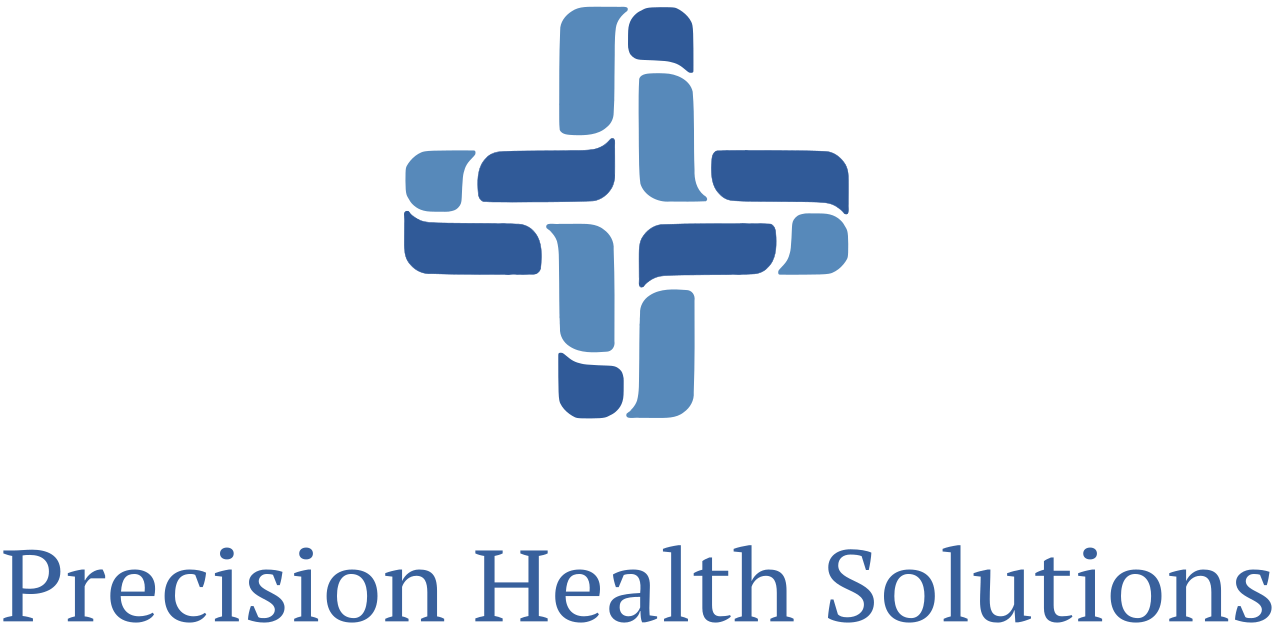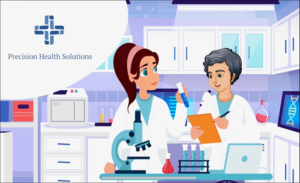Precision Diagnostics: Enhancing Accuracy and Efficiency in Medical Decision-Making
Innovating in medicine is changing how healthcare providers identify and treat illnesses, focusing on a more personalized and accurate method of healthcare delivery. When laboratories utilize highly advanced technology and the newest scientific findings, it can help ensure patients get care tailored to their needs. This change improves the correctness of medical choices, and the healthcare industry can operate much more smoothly.
The Foundation of Precision Diagnostics
Understanding that a person’s genes, habits, and surroundings play a significant role in their health and how they react to care is the basis of precision diagnosis. This knowledge and improved testing tools help doctors figure out the best ways to treat each patient instead of trying things out and seeing what works, otherwise known as the traditional trial-and-error method of prescribing.
Key Technologies Driving Precision Diagnostics
Many vital technologies are at the forefront of making accurate Diagnosis possible.
- Polymerase Chain Reaction: PCR is very precise technique used to amplify a segment of DNA and produce millions of copies from a very small sample collection.
- Genetic Sequencing: Releases a person’s DNA information to find natural predispositions to specific diseases and conditions.
- Bioinformatics: In bioinformatics, complex biological data is analyzed using solid algorithms that give doctors information that helps them make personalized treatment plans.
- Imaging Technologies: More advanced imaging methods give doctors more information about how a disease spreads, which lets them target their treatments.
- Wearable Technology: Devices that track a person’s health all the time give real-time information that helps manage chronic conditions proactively.
Transforming Medical Decision-Making
Precision diagnostics is transforming medical decision-making in several profound ways:
- Enhanced Diagnostic Accuracy: By leveraging detailed genetic and molecular information, doctors can diagnose diseases more precisely, often at earlier stages when they are more treatable.
- Personalized Treatment Plans: Tailored treatment plans replace the one-size-fits-all approach, increasing the effectiveness of treatments and reducing side effects.
- Improved Patient Outcomes: Precision diagnostics leads to better disease management, improved treatment outcomes, and enhanced quality of life for patients.
The Future is Now: Real-World Applications
Some areas of medicine, like cancer, heart, neurology, and infectious illnesses, already feel the effects of precise testing. Oncology, for instance, uses genetic tests of tumours to help doctors choose treatments that target the changes that are making cancer grow. Within viral diseases, quick genetic analysis of bacteria helps pinpoint and control breakouts, which guides public health efforts.
Integrating Data for Comprehensive Care
Data Integration and Analysis: The role that data integration plays in the healthcare industry is significant. For any healthcare organization involved in a the patient’s care journey, having the ability to integrate datasets from electronic health records, real-time monitoring devices, and their genetic test results is key. This enables a holistic view of the patient’s health, allowing for more informed decisions and a proactive approach to disease prevention and management.

The Role of Artificial Intelligence
AI in Enhancing Diagnostic Precision: Artificial Intelligence (AI) is revolutionizing precision diagnostics by providing the tools to analyze complex datasets with unparalleled speed and accuracy. AI algorithms can detect patterns invisible to the human eye, predicting disease risk and optimizing treatment strategies tailored to the individual patient’s genetic profile.
The Future of Patient Engagement
Transforming Patients’ Lives Through Technology: A new age of patient-centred care starts when patients access specific health information and predictive data. This lets them make intelligent choices about their treatment options, lifestyle changes, and preventative measures.
The evolution of precision diagnostics is transforming healthcare by making medical decision-making more accurate and efficient. Precision Health Solutions offers an integrated approach, ensuring patients receive highly personalized care based on their unique genetic structure and health data. This shift towards more targeted diagnostics and treatments promises to improve patient outcomes and revolutionize healthcare delivery, making it more tailored and effective for everyone.

